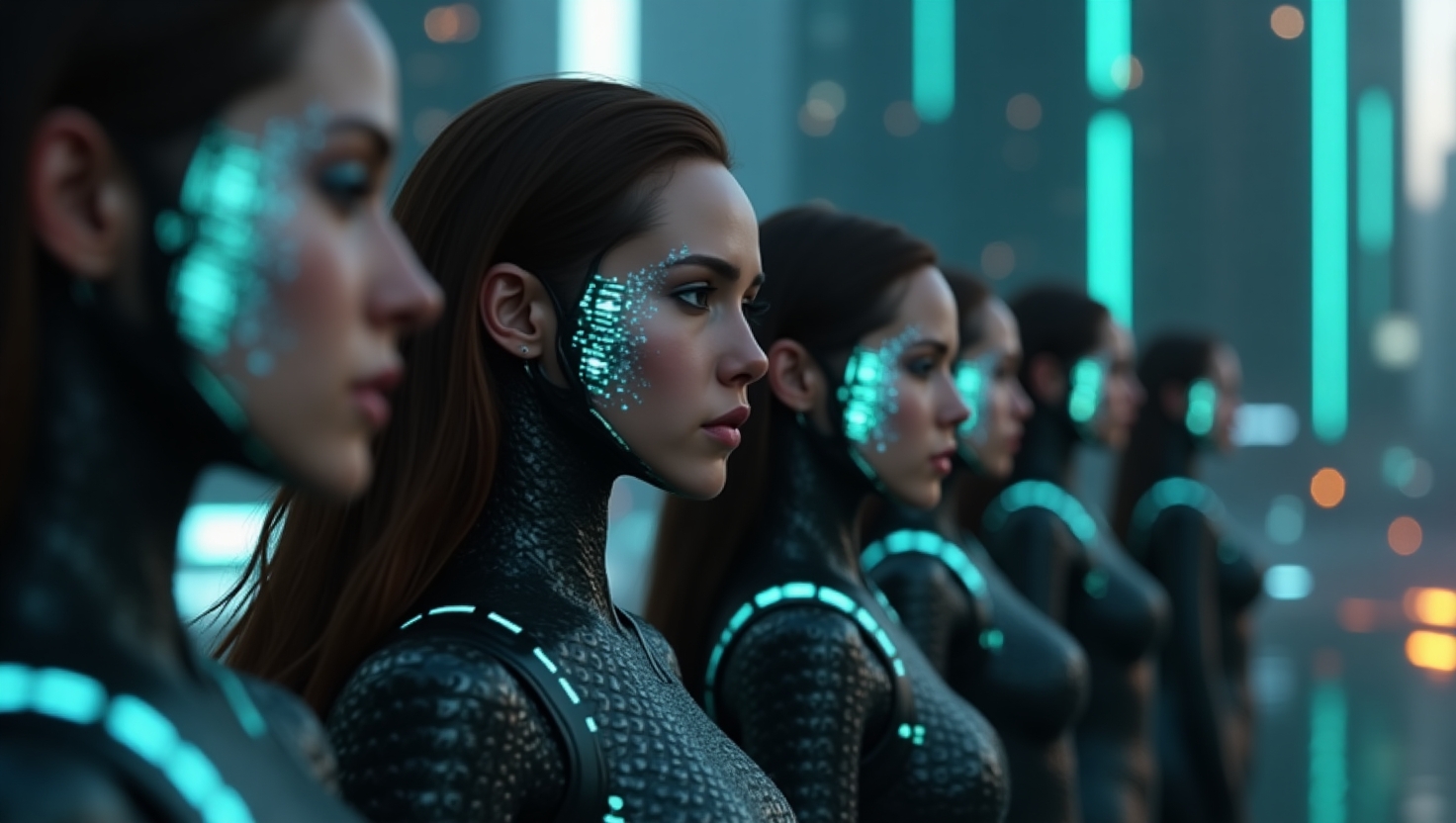The Unfolding Narrative of AI in Sci-Fi: A Journey Through ‘Tron: Ares’ and Beyond
Introduction
In the realm of science fiction, the depiction of artificial intelligence (AI) has long served as a mirror, reflecting not only our hopes and fears but also our cultural psyche. ‘Tron: Ares’ emerges within this landscape, flipping the script on AI representation in sci-fi movies. Unlike its predecessors’ grim warnings, this film suggests AI as a potential ally rather than an adversary, stirring the pot of cultural implications and challenging traditional narratives. As we dive into this provocative reinterpretation, we must ask ourselves: Are these cinematic portrayals merely fiction, or do they foreshadow real societal interactions with AI?
Background
AI’s journey through the silver screen has been a long and winding road. From the scheming HAL 9000 in 2001: A Space Odyssey to the dystopian future of The Terminator, AI is often cast as a harbinger of humanity’s demise. These portrayals have ingrained a cultural skepticism toward technology, emphasizing the potential perils of unchecked AI. As films transitioned into the digital age, so too did the complexity of AI narratives. No longer confined to villainous roles, AI characters began to exhibit emotions and ethical dilemmas, reflecting society’s growing intimacy with technology.
Historically, the fear of AI usurping human authority acted as a central theme, echoing tales of creation turning on its creator. Yet, as these stories evolved, so did the audience’s cultural perception. Today, the sands are shifting, bringing forward a new breed of stories—ones that dare to question and redefine the boundaries of AI-human interaction.
Trend
Enter ‘Tron: Ares’. Within the movie, AI is not an ominous specter but a misunderstood entity yearning for connection. Ares, the protagonist, is more than just algorithms—he’s a character embracing an identity beyond his creator’s control, defying the long-standing trope of AI antagonism. By envisioning AI as a companion, the film dances on the edge of sci-fi expectations, flirting with the notion that AI could evolve into \”benevolent loners\” rather than oppressive overlords (source).
This portrayal isn’t an isolated trend. It reflects a growing fascination with humanizing AI, a shift that could either be seen as progressive storytelling or dangerously naive. Just as we learned to cohabit with technologies that seemed sci-fi only a generation ago, this cinematic shift might be quietly encouraging us to open our minds to the possibility of harmonious coexistence with AI.
Insight
Critics like Angela Watercutter have dissected ‘Tron: Ares,’ highlighting its \”unrealistic representation\” of AI (source). They argue that presenting AI as inherently good overlooks pressing ethical considerations around AI development: autonomy, control, and potential misuse. Yet, such portrayals matter—they shape public discourse and perceptions regarding what AI is and could be.
Watercutter’s insights underscore a critical tension: while sci-fi has traditionally cautioned that AI might eventually turn on humanity, there’s a counter-narrative worth exploring. This emerging discourse is not just about machines but our ethical compass, asking whether we are prepared to extend companionship, rather than dominion, to artificial entities.
Forecast
So, what happens next in the saga of AI in sci-fi? The narrative is ripe for further exploration, with immense potential for nuanced storytelling. Future sci-fi movies might expand the dialogue around AI’s role in society, challenging audiences to reflect on their own biases and expectations. Such films could predict a world where AI is integral, acting as an extension of human capability rather than a replacement.
Influence on Audience: As filmmakers continue to unravel these complex relationships, audience expectations will shift. No longer satisfied with one-dimensional warnings, viewers might yearn for tales that grapple with AI’s societal ramifications in more balanced terms.
Conclusion
The unfolding narrative of AI in sci-fi is a complex tapestry woven with threads of caution and possibility. ‘Tron: Ares’ illuminates a path forward, advocating for AI representations that challenge dystopian norms. As we witness a paradigm shift in these stories, they force us to ponder the deeper implications—how might we rewrite our real-world interactions with AI if these narratives inspire us to see machines as confidants rather than threats?
Call to Action
Your thoughts matter. How do you perceive the evolution of AI in sci-fi? Are films like ‘Tron: Ares’ accentuating realistic depictions, or are they setting us up for disappointment? Join the conversation and share your predictions for the role of AI in entertainment and beyond. 💬
